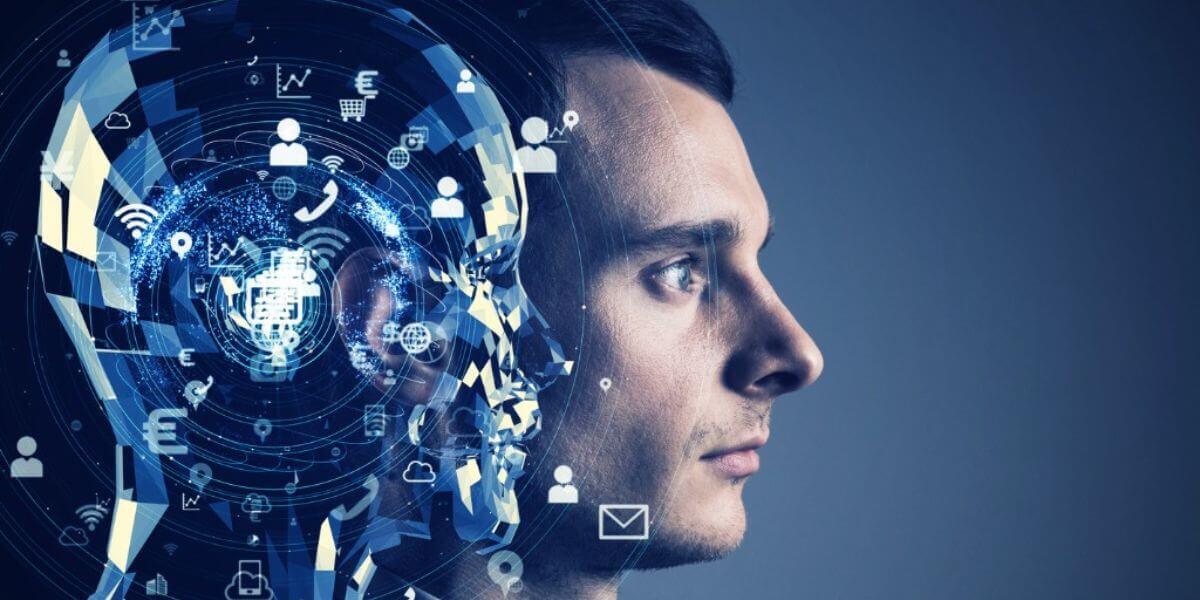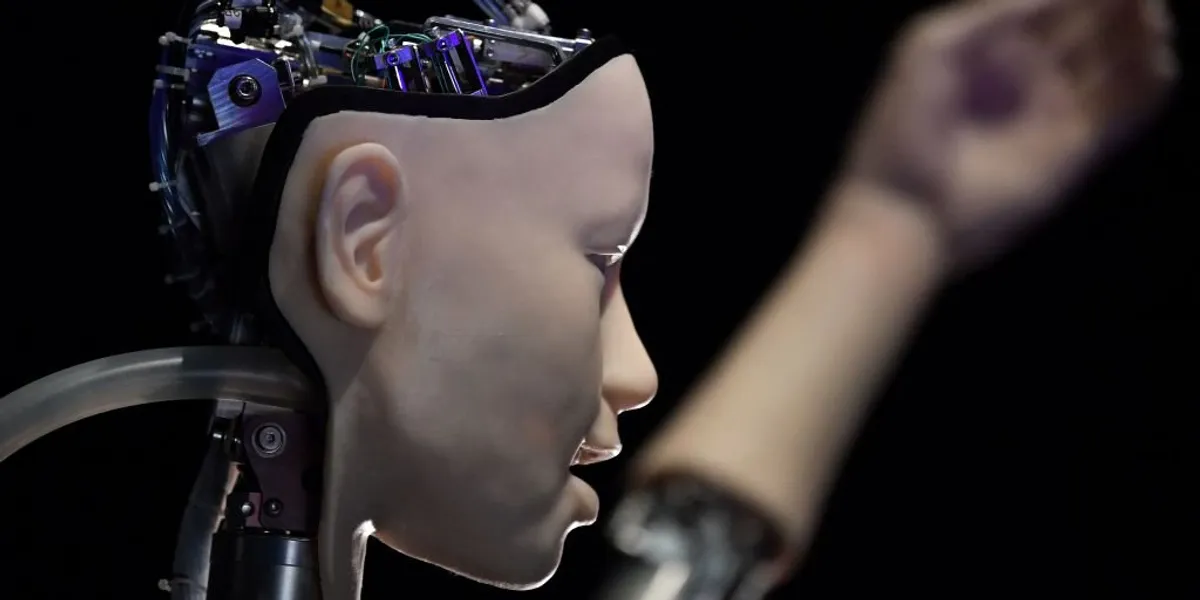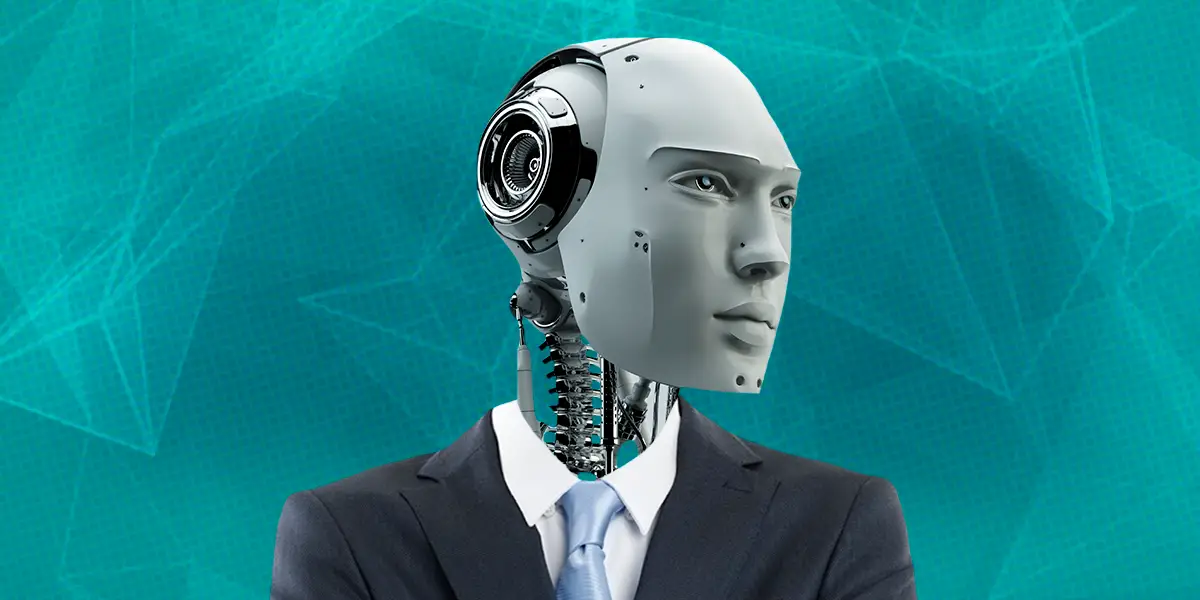Artificial intelligence (AI) has emerged as a transformative force reshaping various aspects of human society, from healthcare and finance to transportation and entertainment. As AI technologies continue to advance at a rapid pace, it’s essential to examine their impact on individuals, communities, and the world at large. In this article, we’ll delve into the multifaceted impact of artificial intelligence on humans.

1. Automation of Tasks
One of the most significant impacts of artificial intelligence is the automation of repetitive and mundane tasks. AI-powered systems and robots can perform tasks with speed and precision, freeing up human workers to focus on more creative and complex endeavors. From manufacturing and logistics to customer service and data entry, AI automation is revolutionizing the way work is done across industries.
2. Enhanced Decision Making
AI technologies, such as machine learning algorithms and predictive analytics, enable organizations to make data-driven decisions with greater accuracy and efficiency. By analyzing vast amounts of data and identifying patterns and trends, AI systems can provide valuable insights that inform strategic decision-making processes. This can lead to improved outcomes in areas such as healthcare diagnosis, financial forecasting, and risk management.
3. Personalized Experiences
AI-powered personalization is transforming the way businesses interact with customers, delivering tailored experiences that cater to individual preferences and needs. From recommendation engines on e-commerce platforms to virtual assistants in customer service, AI algorithms leverage data to customize products, services, and content, enhancing customer satisfaction and loyalty.
4. Healthcare Advancements
Artificial intelligence has the potential to revolutionize healthcare by improving diagnosis, treatment, and patient care. AI algorithms can analyze medical images, detect anomalies, and assist healthcare professionals in diagnosing diseases with greater accuracy. Additionally, AI-powered wearable devices and remote monitoring systems enable proactive healthcare management, leading to better health outcomes for patients.
5. Ethical Considerations
As AI technologies become more pervasive in society, ethical considerations surrounding their use become increasingly important. Concerns about data privacy, algorithmic bias, and job displacement raise questions about the ethical implications of AI deployment. It’s essential to address these ethical concerns and ensure that AI is used responsibly and ethically to benefit humanity.
6. Job Displacement and Reskilling
While AI automation has the potential to streamline workflows and increase productivity, it also raises concerns about job displacement and workforce disruption. As AI systems take over routine tasks, some jobs may become obsolete, leading to unemployment and economic upheaval. To mitigate these challenges, governments, businesses, and educational institutions must invest in reskilling and upskilling programs to prepare workers for the jobs of the future.
7. Creative Innovation
AI technologies are driving creative innovation across various industries, enabling the development of new products, services, and solutions. From AI-generated art and music to innovative applications in fields like architecture and design, AI is pushing the boundaries of human creativity and imagination.

FAQs
Q: What are some examples of everyday AI applications? A: Everyday AI applications include virtual assistants like Siri and Alexa, recommendation systems on streaming platforms, ride-sharing algorithms, and facial recognition technology on smartphones.
Q: How can businesses leverage AI to gain a competitive edge? A: Businesses can leverage AI to gain a competitive edge by implementing AI-powered analytics for data-driven decision-making, automating repetitive tasks to increase efficiency, and enhancing customer experiences through personalized interactions.
Q: What are the potential risks of AI technology? A: Potential risks of AI technology include job displacement, algorithmic bias, data privacy concerns, and the potential for misuse of AI-powered systems for malicious purposes.
Conclusion
Artificial intelligence is a transformative force that is reshaping the way we live, work, and interact with the world around us. From automation and decision-making to personalized experiences and healthcare advancements, AI technologies have the potential to bring about significant benefits for humanity. However, it’s essential to address ethical considerations, mitigate potential risks, and ensure that AI is deployed responsibly to maximize its positive impact on individuals and society as a whole. As AI continues to evolve, it will be crucial to harness its power for the greater good and ensure that it serves as a force for positive change in the world.




